Base Catalysed
Step by step video & image solution for Base Catalysed by Chemistry experts to help you in doubts & scoring excellent marks in Class 12 exams.
Updated on:21/07/2023Similar Questions
The base catalysed reaction of 1,2-diketone to a salt of 2-hydroxy carbonxylic acid is known as benzile acid rearrangement . The reaction is not application to 1,2-diketones containing α− methylene group because of competing aldol condensation .
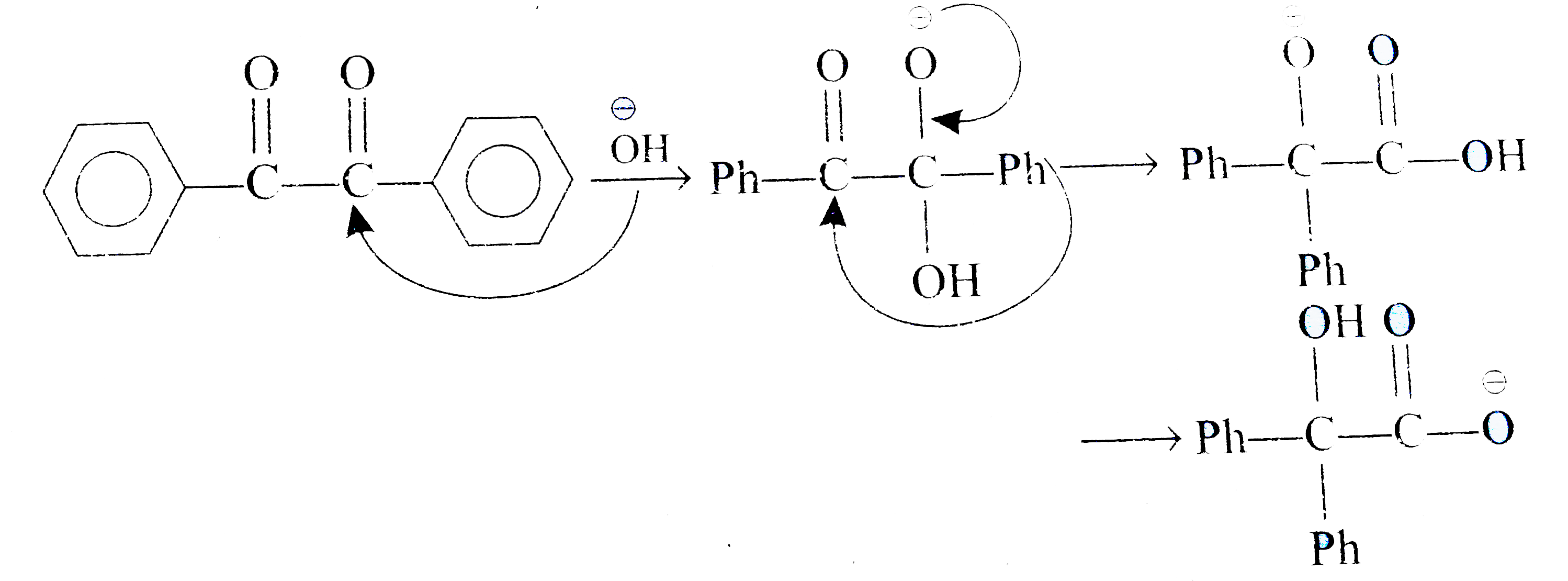

Find 'P' :
View SolutionEnzyme catalase catalyses __________ .
View Solution
Knowledge Check
Statement-1:Acid catalysed hydrolysis of ester is reversible while base catalysed hydrolysis is irriversible .
Statement-2: In acid catalysed ester hydrolysis carboxylic acid is formed on which nucleophilic attack of alcohol is possible but in base catalysed ester hydrolysis carboxylate anion is formed on which nucleophilic attack is not possible.AStatement-1 is True, Statement-2 is True, Statement-2 is a correct explanation for Statement-1BStatement-1 is True, Statement-2 is True, Statement-2 is NOT a correct explanation for Statement-1CStatement-1 is True, Statement-2 is False.DStatement-1 is False, Statement-2 is True.The base catalysed reaction of 1,2-diketone to a salt of 2-hydroxy carbonxylic acid is known as benzile acid rearrangement . The reaction is not application to 1,2-diketones containing α− methylene group because of competing aldol condensation .
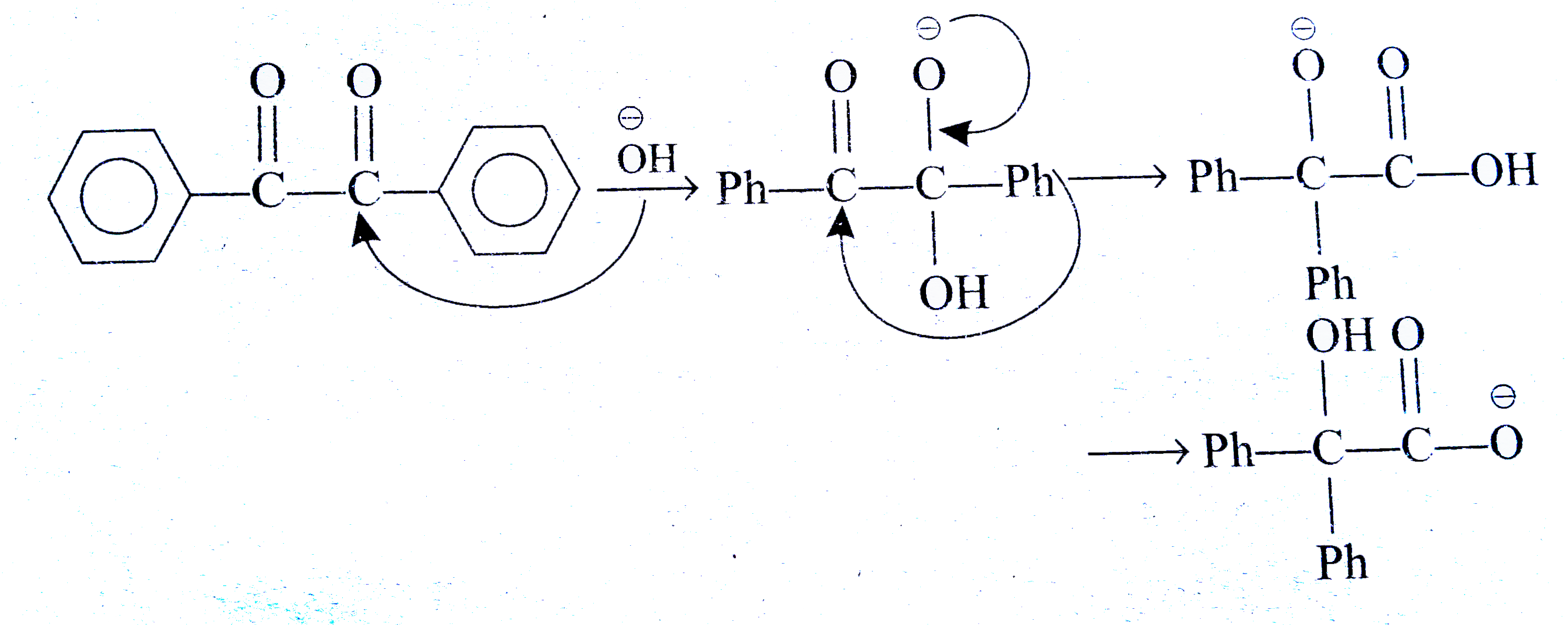
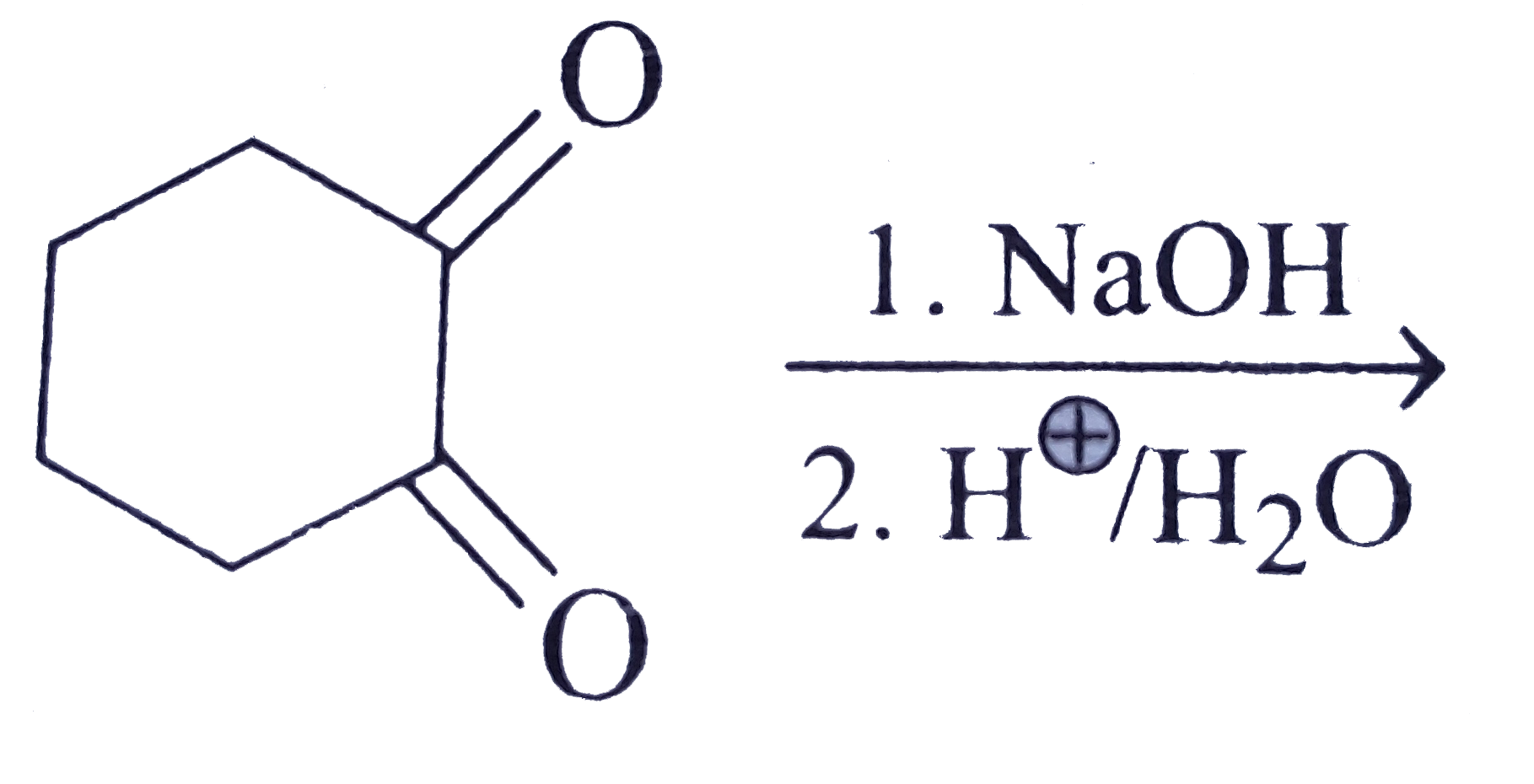 A
A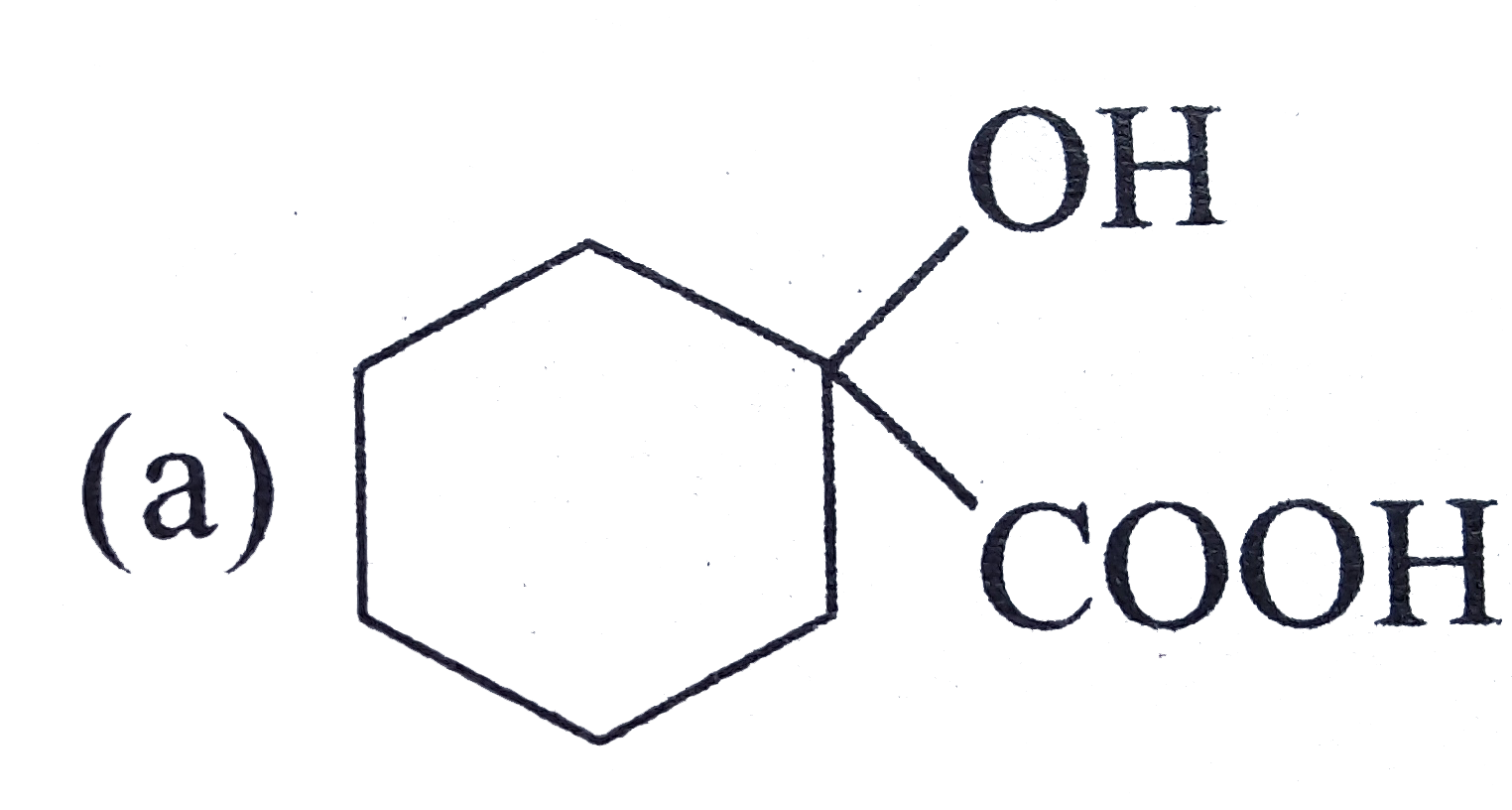 B
B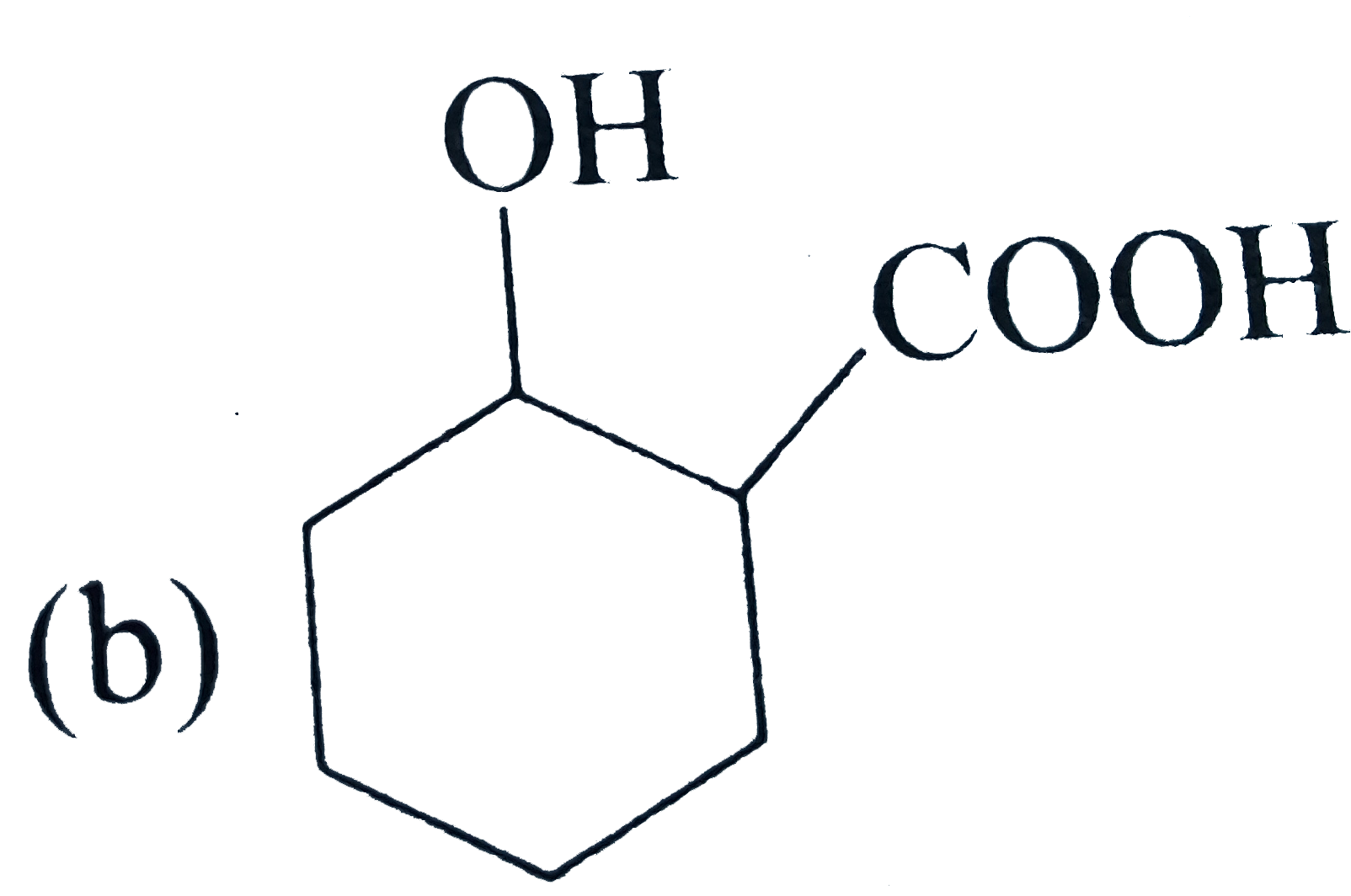 C
C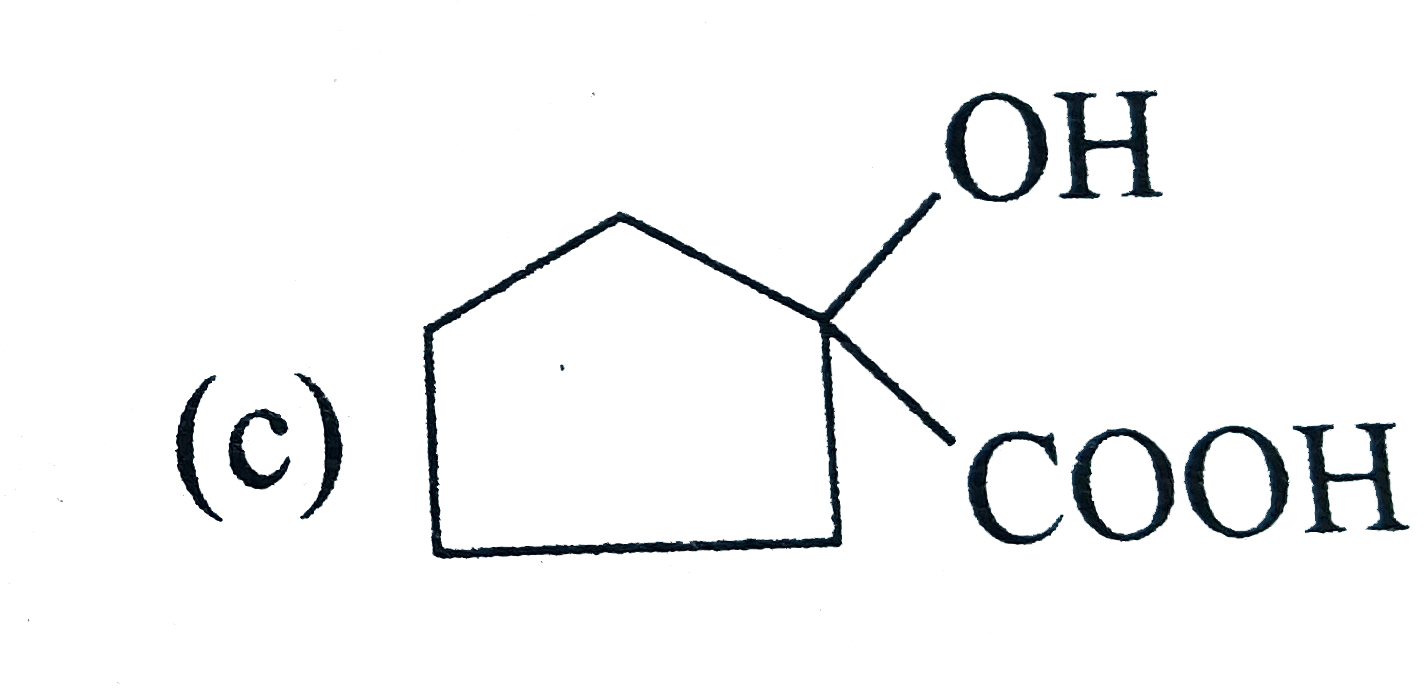 D
D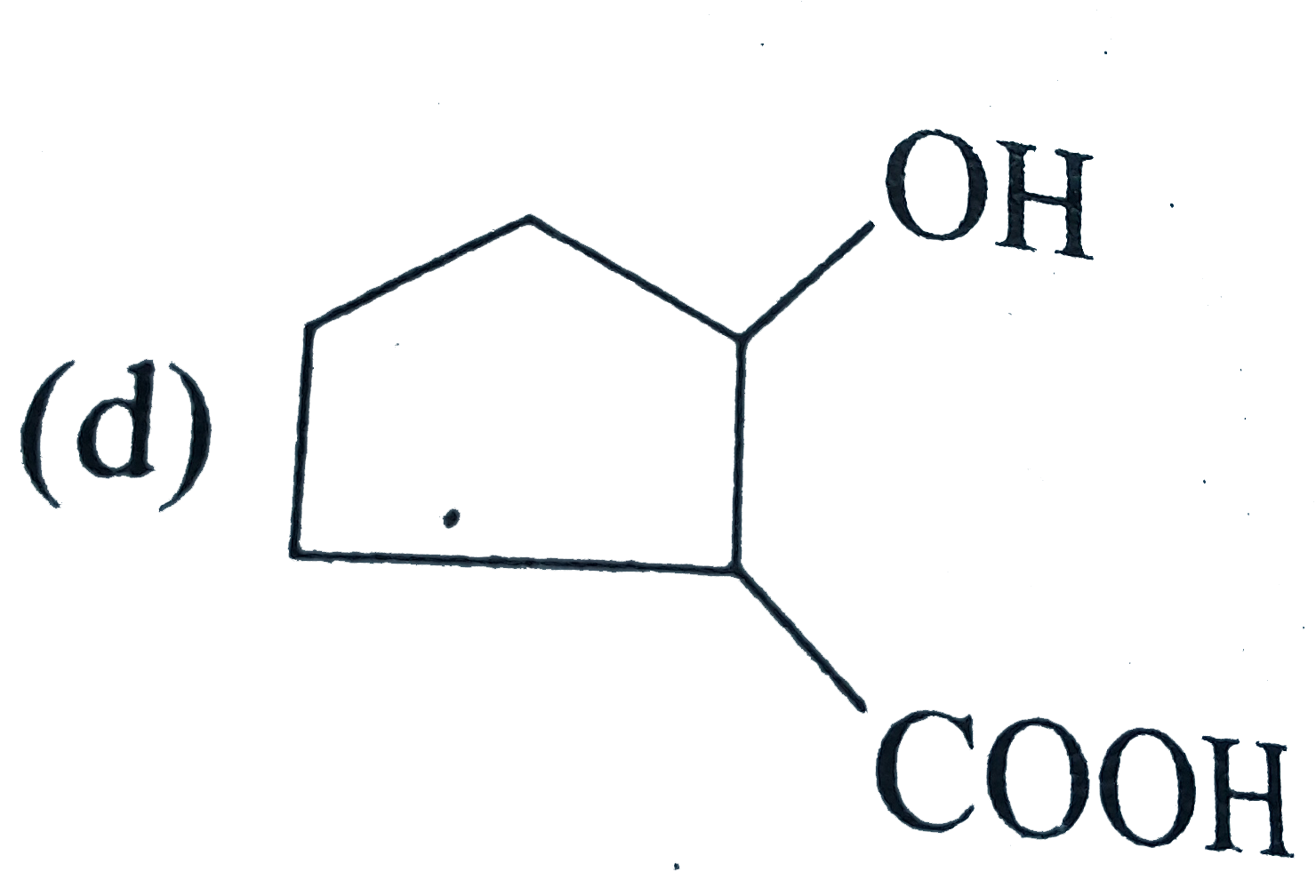
The base catalysed reaction of 1,2-diketone to a salt of 2-hydroxy carbonxylic acid is known as benzile acid rearrangement . The reaction is not application to 1,2-diketones containing α− methylene group because of competing aldol condensation .
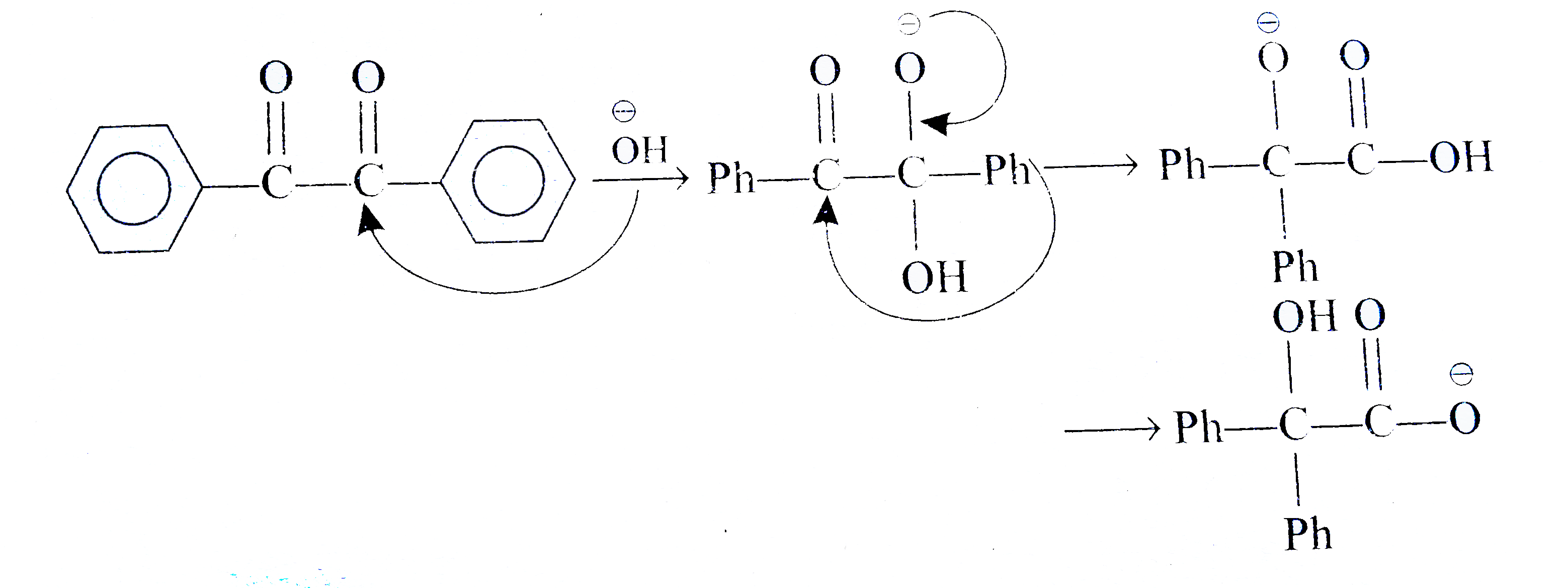
Find out product of following reaction :
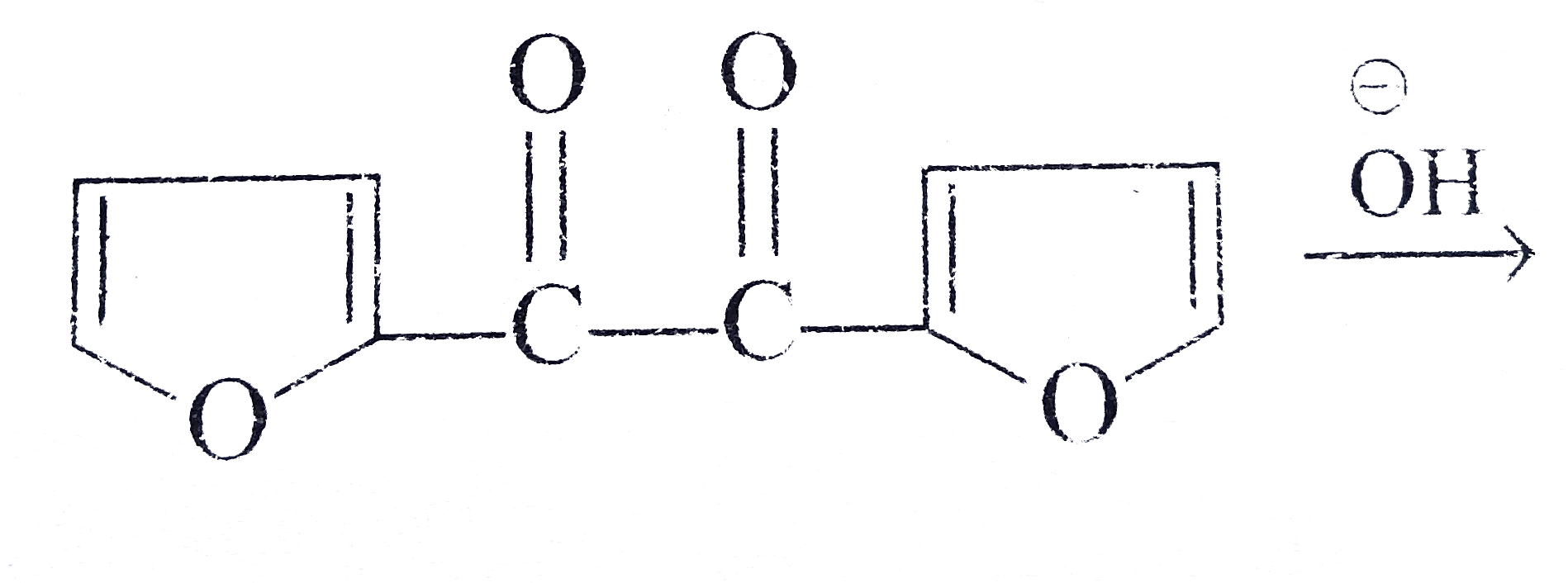 A
A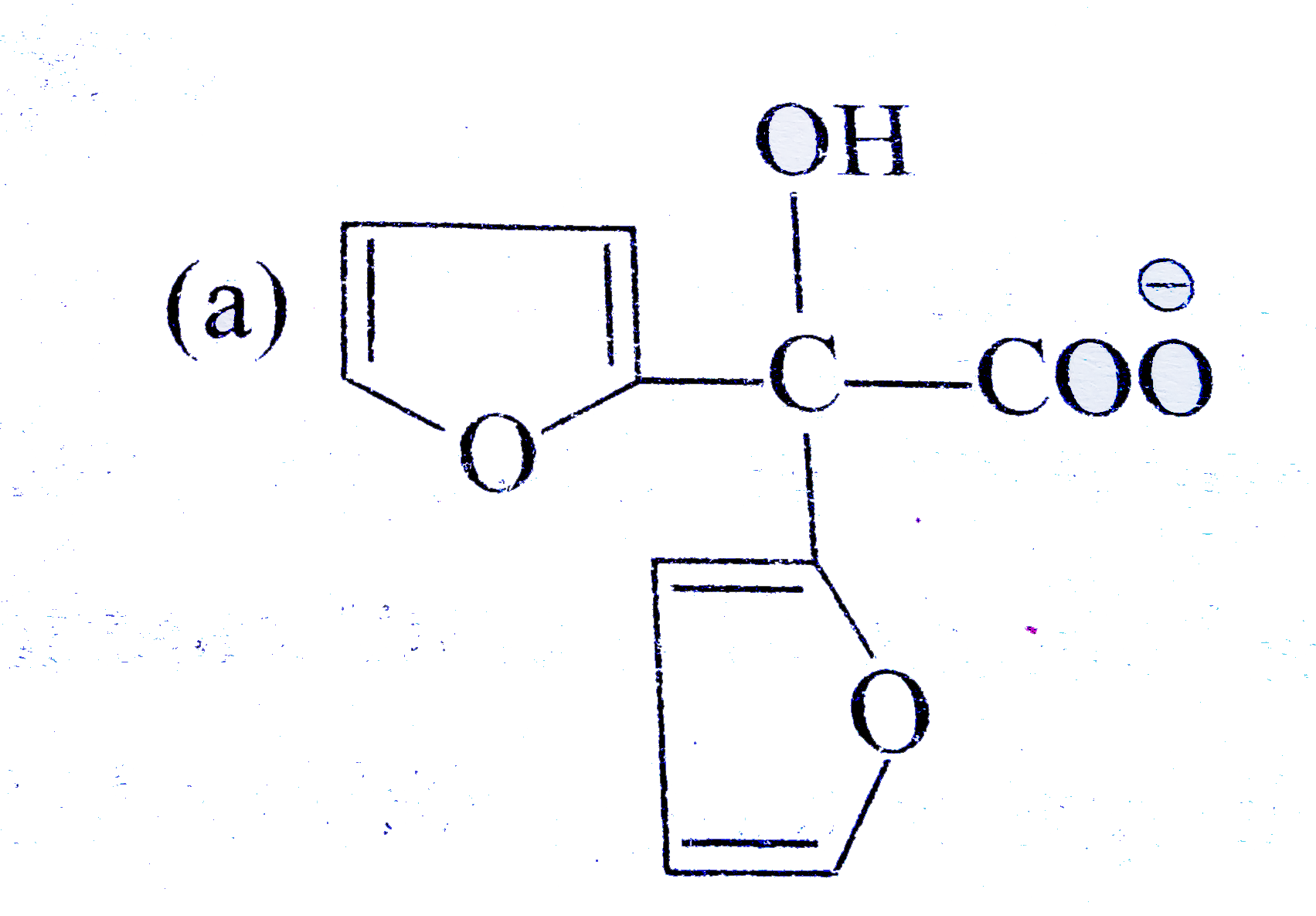 B
B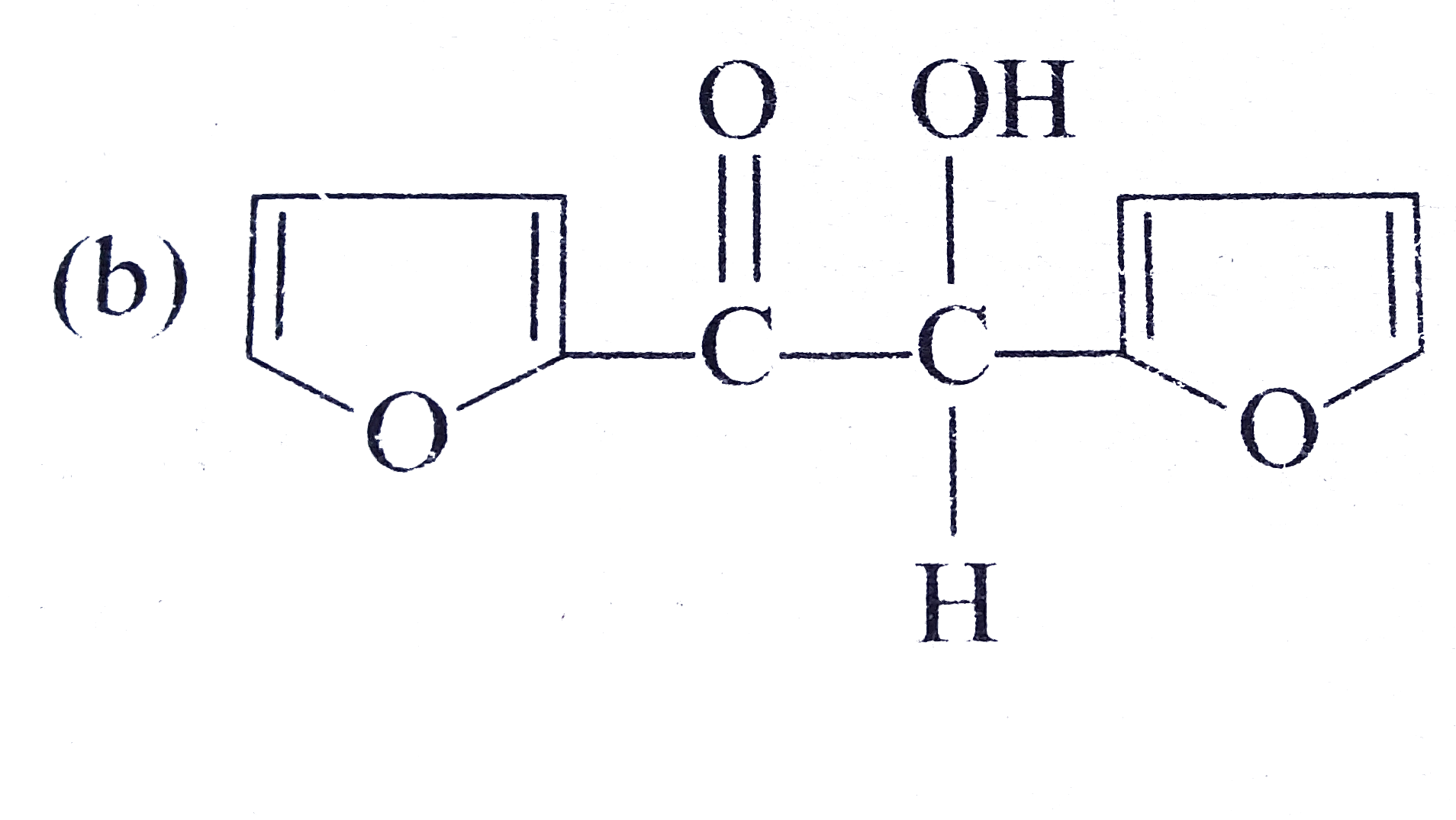 C
C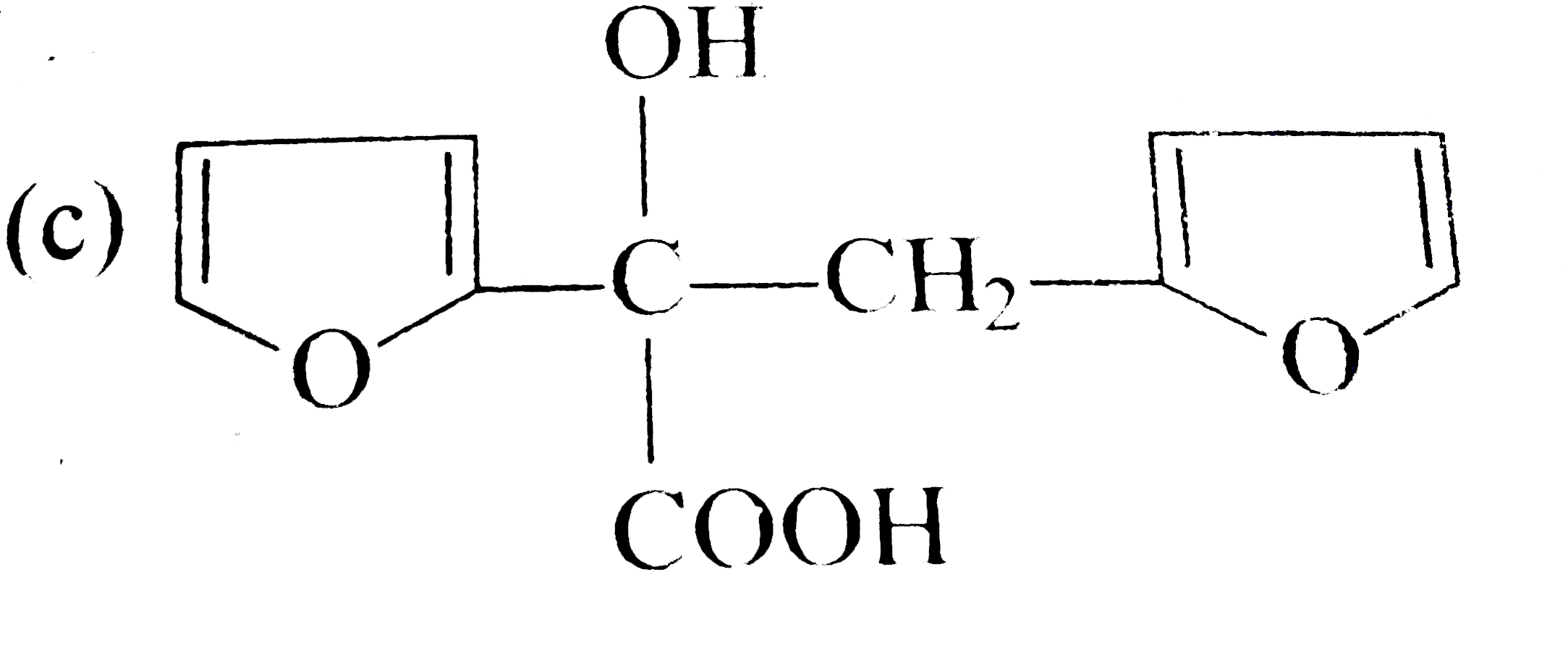 DNone of these
DNone of these
DNA polymerases catalyse polymerisation in
View SolutionAssertion. Hydrolases catalyse the split of the larger molecules into smaller ones.
Reason. Ligases catalyse the union of two substrate molecules into one.
View SolutionThe enzyme decarboxylase catalyses the following step
View SolutionThe enzyme, sucrose synthase, catalyses the synthesis of sucrose from:
View SolutionStatement -I: The acetal formation with ketones does not respond to base catalysis .
Statement-II The dehydration step has to be acid catalysed.
View Solution
